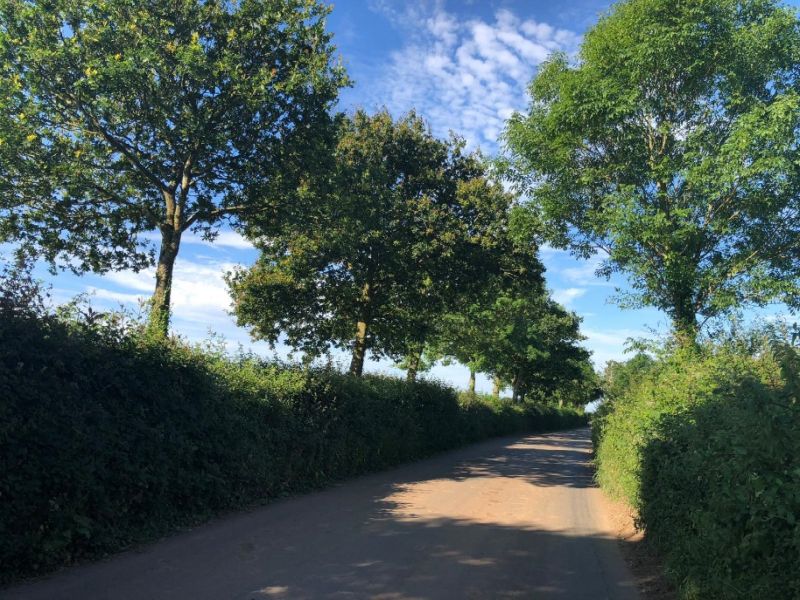
A new survey is encouraging farmers and landowners to health-check their hedgerows to safeguard the future of what is seen as an important native habitat.
The hedgerows that criss-cross the British countryside are not only an iconic sight, but a vital habitat and corridor for many native species.
This August, charity People’s Trust for Endangered Species (PTES) is launching a new survey, the Great British Hedgerow Survey, encouraging farmers to get involved.
The survey offers feedback about the health of each hedge as well as tailored advice on what type of management will ensure it thrives in the future.
Results will provide vital data which will help build a national picture of the health of Britain’s hedges.
Historically, the UK lost about half of its hedgerows after World War Two.
Although the rates of direct hedge removal have reduced in recent decades, conservationists are keen to manage the remaining hedgerows to give them a chance of flourishing in the future.
Megan Gimber, Key Habitats Project Officer at PTES, said: “With 70% of UK land being agricultural, hedgerows offer the safest route for wildlife to travel across the countryside.
“We would love to see a bigger, better and more joined up hedgerow network to give our wildlife the fighting chance of survival they deserve.”
The management advice PTES delivers is based on the lifecycle of a hedge. The habitat changes over time and management needs to adjust to reflect this.
The charity's ultimate goal is to create a thick, dense hedgerow with vegetation all the way to the floor and scattered with hedgerow trees.
It’s this type of hedge that most benefits nature, as well as landowners, it explains.
Healthy hedgerows reduce soil erosion as well as air and water pollution.
They also provide forage for pollinating insects, predators to keep crop pests in check and shelter for livestock, reducing deaths from exposure and improving milk yields.
Hedges are seen as important in the fight against climate change through storing carbon and also reduce the damage from flooding.
The survey has attracted the attention of BBC Countryfile recently, which found out why hedgerows are in need of more wide-scale management.
The BBC explained what the new survey involves and why PTES is calling for farmers to take part.
The episode will be broadcast this Sunday 25th August on BBC One.
